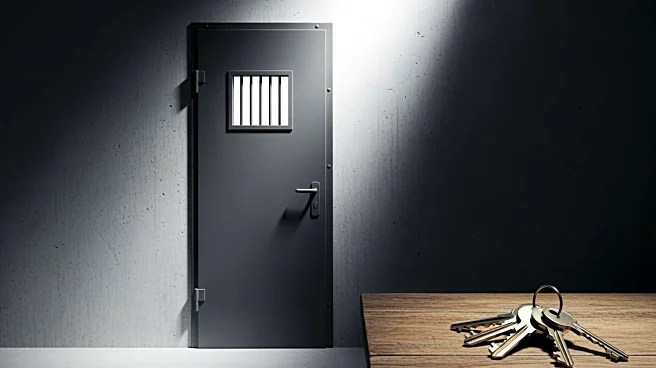Rapid Read • 8 min read
In a recent opinion piece, an educator shared insights on teaching social class in a course on Intimacy, Marriages, and Families. The educator employed a unique approach using sticky-note prompts to facilitate student reflection on social class issues. This method allowed students to anonymously share personal experiences related to class differences, fostering a deeper understanding of the topic. The activity encouraged students to reflect on how class has shaped their lives, with prompts such as 'I didn’t realize how class shaped me until...' and 'An opportunity I almost missed because of money was...'. The exercise aimed to humanize the discussion of class by connecting students' lived experiences with broader social patterns, thus creating a more engaging and impactful learning environment.
AD
This teaching approach is significant as it addresses the growing class disparities in society, especially in a time when diversity, equity, and inclusion (DEI) efforts are being challenged. By focusing on personal stories rather than statistics, educators can engage students emotionally, making the abstract concept of social class more relatable. This method also highlights the importance of acknowledging and discussing class differences to prevent reinforcing them through silence. As class disparities widen, understanding these issues becomes crucial for students who may face challenges such as food insecurity or lack of resources. The approach equips students with the tools to navigate and challenge these inequalities, fostering critical thinking and empathy.
Educators are encouraged to continue exploring innovative methods to teach about social class and inequality. By integrating personal reflection with academic concepts, teachers can help students understand their place within societal structures. This approach not only prepares students for their careers but also for their roles as informed and empathetic citizens. As discussions on class and inequality become more prevalent, educators may face challenges in balancing these conversations with political sensitivities. However, the focus remains on equipping students with the knowledge and skills to address and navigate these complex issues.
The use of personal reflection in teaching about social class highlights the ethical responsibility of educators to address inequality. This approach underscores the importance of creating inclusive learning environments where all students feel comfortable sharing their experiences. It also raises questions about the role of education in promoting social justice and the potential for classroom activities to drive societal change. By fostering empathy and understanding, educators can contribute to a more equitable society.
AD
More Stories You Might Enjoy











